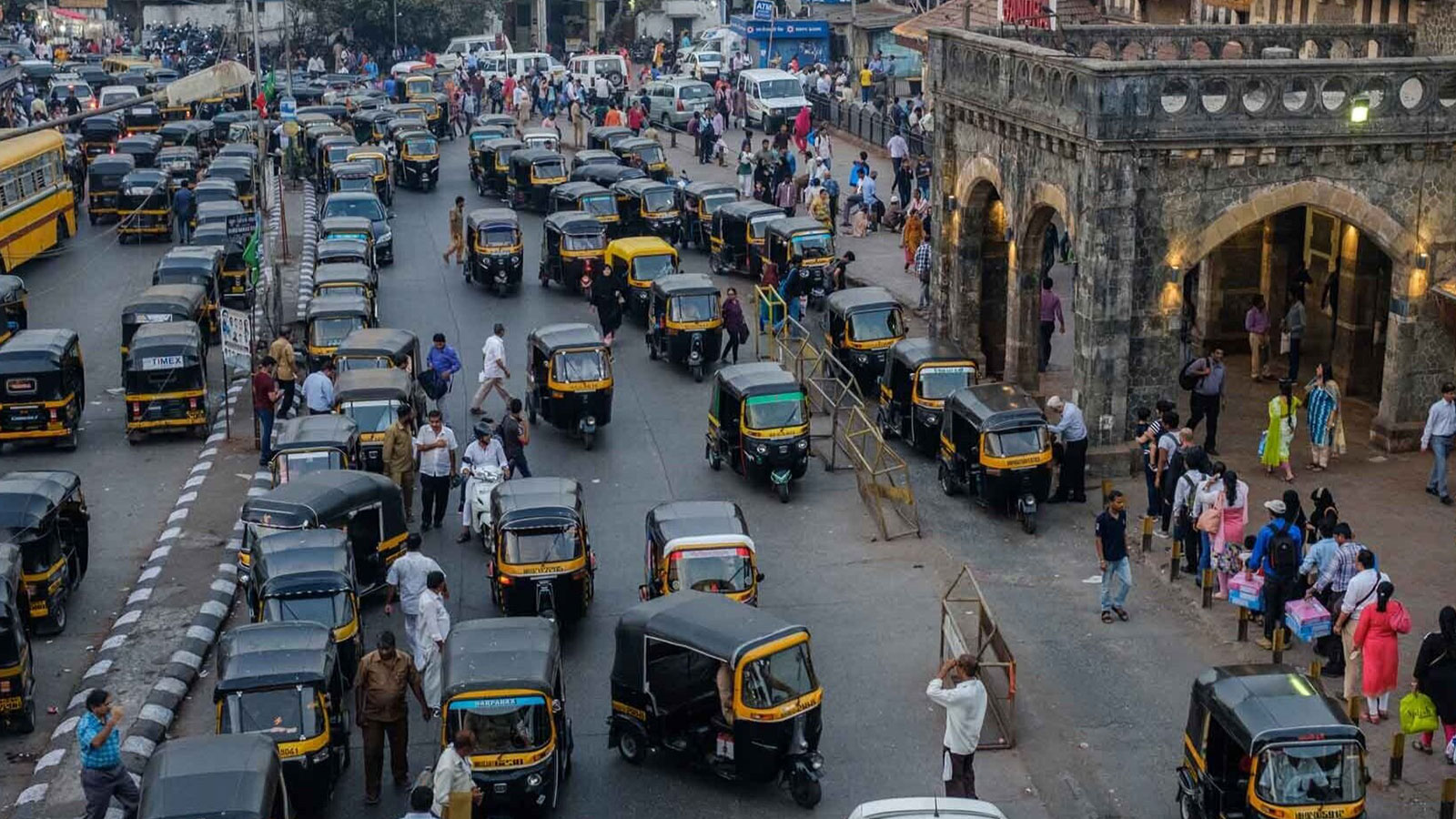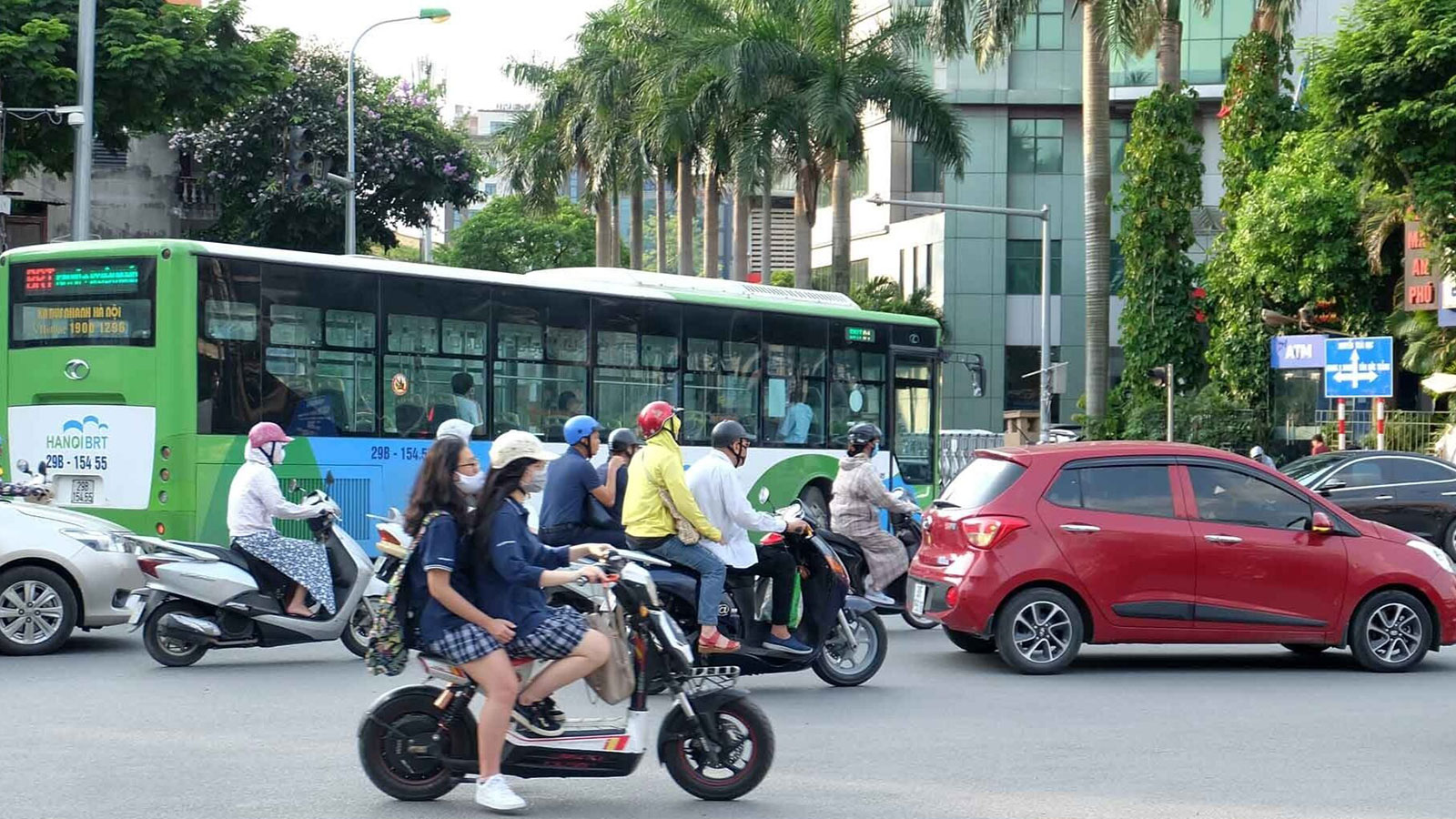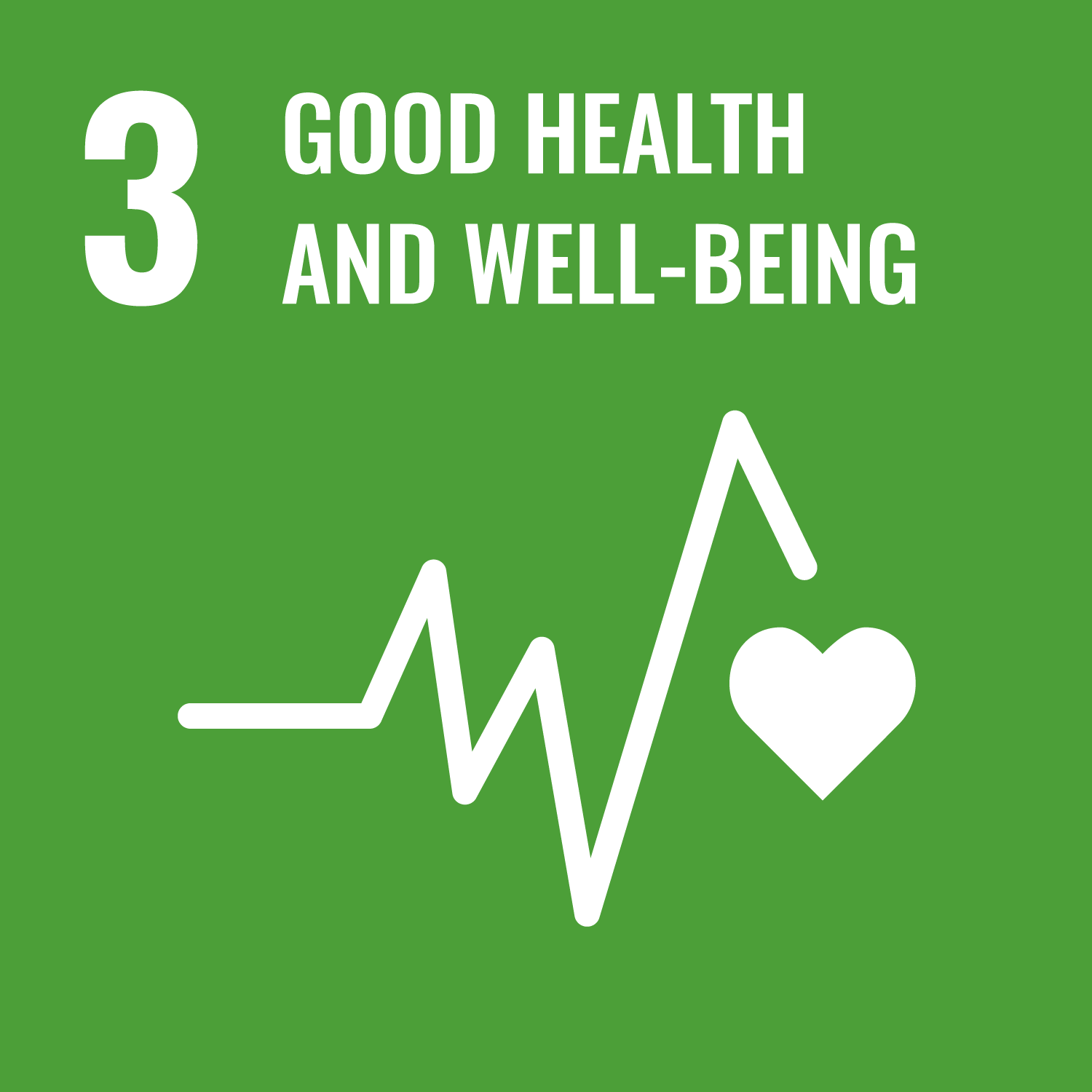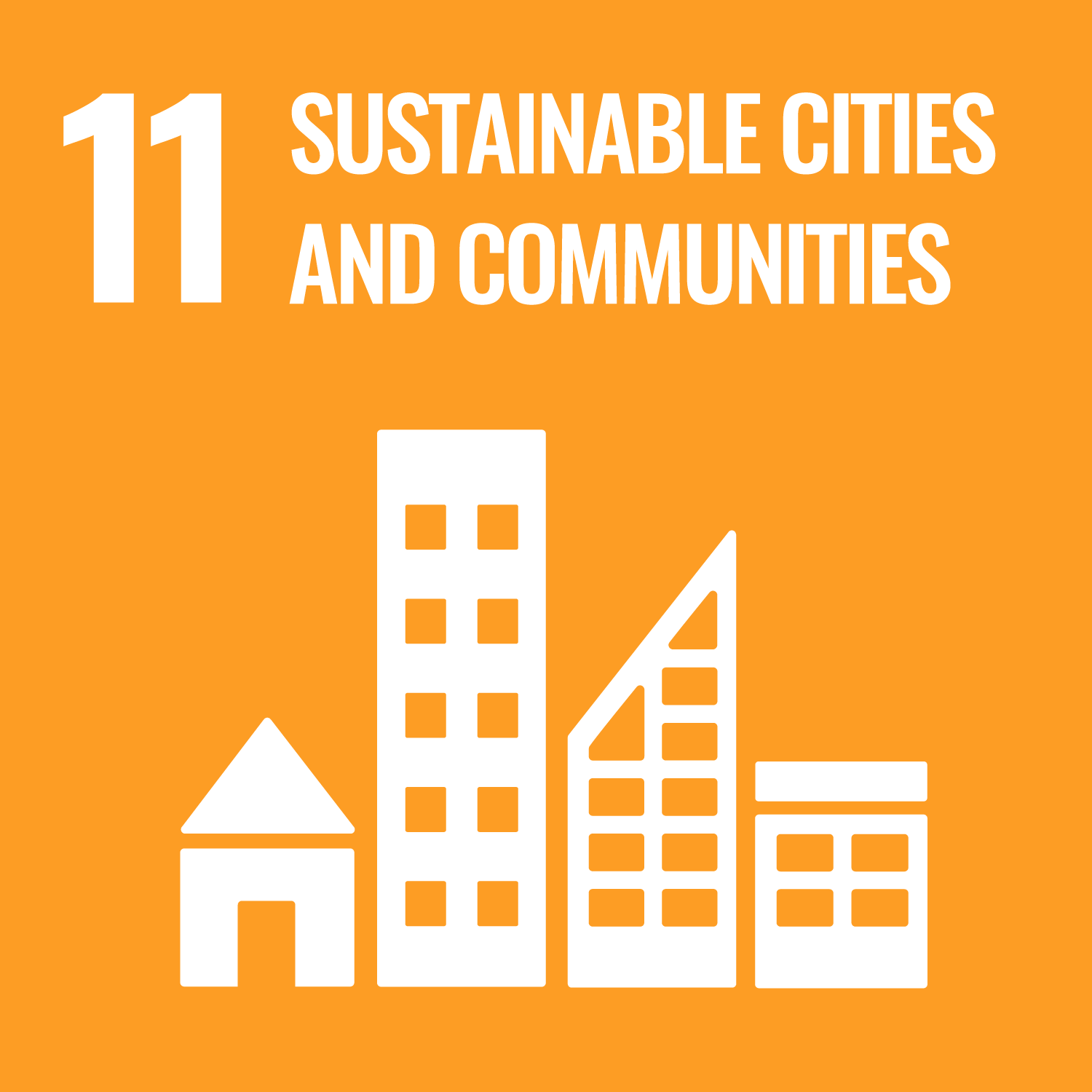NDC Transport Initiative for Asia

Objectives
- supporting multi-stakeholder dialogue about pathways towards decarbonising transport
- Promoting efficient, multi-stakeholder approaches coordinated between government ministries, civil society and the private sector
- Offering technical support for regulations and technical standards to promote electric vehicles
Description
The NDC – Transport Initiative for Asia aims to facilitate a paradigm shift to zero-emission transport across China, India, Viet Nam and further Asian countries. The programme’s mission is to provide policy and technical support for our partner countries and around the Asian region to shift the transportation paradigm and decarbonize mobility for every person, in every sector.
The China component supports in the development of a transport GHG and air pollutants double peaking strategy, providing a technical support platform and improving modelling capacity.
The India component supports the development of a stakeholder platform with the capacity to formulate pathways on decarbonising transport in India and technical assistance to improve policy and procurement frameworks for EVs and charging infrastructure.
The Vietnam component is supporting the Ministry of Transport in developing and implementing their Monitoring Reporting Verification system related to climate change activities in the transport sector.
As a regional initiative the NDC-TIA shares knowledge at a regional and global level through events, media and publications related to designing and implementing long-term, multi-stakeholder strategies for decarbonizing transport.
The NDC Transport Initiative for Asia is a joint programme of seven organisations and is is funded by the International Climate Initiative (IKI) of the German Ministry for the Environment, Nature Conservation and Nuclear Safety (BMU). Implementing organisations are GIZ, World Resources Institute (WRI), International Council on Clean Transportation (ICCT), International Transport Forum (ITF), Agora Verkehrswende (AGORA), Partnership on Sustainable, Low Carbon Transport (SLoCaT) Foundation and Renewable Energy Policy Network for the 21st Century e.V. (REN21).
Approach/Field of intervention
- Climate Change mitigation strategies
- Transport efficiency
- Supporting the development of an integrated vision
- Providing input for target setting
- Supporting policy frameworks
Targeted beneficiaries
The Asian population; Political decision makers on national and municipal level; Employees of the Ministries of Transport and Environment
Highlight activities /Achievements
China:
- The time window for the development and the implementation of the “1+N” (transport-specific) plans and measures sets the new stage for the NDC TIA to influence China’s transport climate roadmap through technical and policy consultancy. The project is therefore providing targeted support to MEE and in collaboration with the Sino-German Cooperation on Low Carbon Transport (bilateral GIZ IKI project) also tapping synergies of inter-ministerial collaboration with China’s MoT. First policy briefings have already been provided to MEE ministers (on opportunities of vehicle regulations and pathway to decarbonise China’s transport sector) and MoT (on electric urban delivery vehicles).
- Guangdong province had already been selected in 2020 as pilot province for the development of a provincial-level double-peaking and long-term decarbonisation strategy for the road transport sector.
- Several more research papers and policy documents on scenario development, vehicle regulations and data collection, as well as a communication strategy to highlight lessons learned from partner countries in Germany (especially China and India) are published.
India:
- An array of technical research has been conducted and is ongoing regarding EV technology (smart charging, V2X, renewables-based EV charging, battery swapping, ), market assessments (such as EVs, charging infrastructure, business models, vehicle sales data, etc.) and data collection and modelling, informing policy advocacy, development of technical standards and capacity development.
- In November 2020, a Digital Library on Green Mobility was launched together with TERI, as a one-stop shop for e-mobility and sustainable transport research.
- In collaboration with ITF’s Decarbonising Transport in Emerging Economies project, a strategy for modelling enhancement has been defined with a focus on life-cycle analysis, now targeting several universities for capacity and curriculum development.
- In collaboration with NITI Aayog the ‘Forum for Decarbonising Transport’ was launched. The forum provides a dedicated platform for public and private stakeholders to work towards reducing emissions from India’s transport sector.
- The India component is supporting Delhi government in its EV Policy 2020 and recommendations for operational guidelines for recycling of traction batteries are under development.
Viet Nam:
- A very close working relationship has been established with the Department of Environment of the Ministry of Transport, building on previous collaboration in bilateral projects.
- The development of economic-technical norms for e-bus operations in Hanoi has started. This will serve as a basis for consideration of a subsidy for e-busses.
- On fuel efficiency regulations, a review of international experiences on fuel-economy standards and a review of existing policies on fuel economy and vehicle labeling in Vietnam have been conducted
- Ho Chi Minh City has been selected and officially approved for scaling up action at city level, several studies have already been conducted and are ongoing to develop the city’s e-mobility roadmap.
Regional/Global:
- A milestone was achieved with the establishment of a Council for Decarbonising Transport in Asia in March 2021. The 14 members of the Council are currently developing their flagship report with with a special focus on the blind spots in the discussion on decarbonising transport.
- One of the most important ongoing political processes at regional level in Asia is the upcoming 2030 Aichi Declaration of the Environmentally Sustainable Transport (EST) Forum, to be adopted in October. The project has engaged in the consultation process on the declaration to ensure that wording on the need of 2030 targets being in line with full decarbonisation by 2050 was included in the climate goal.
- In addition to the Council, a Peer Network Transport & Climate in Asia was established with representatives of ministries of transport and environment from 10 Asian countries.
- The women’s business network “Women on the move – Transforming Transport in Asia” was launched with the goal to enhance the exchange between female experts in the transport sector in Asia and increase the visibility of the daily issues that women face in transport.
Publications/Knowledge Products
Video
COUNTRY
China , India , Viet Nam
DURATION
November 2019 - February 2024






